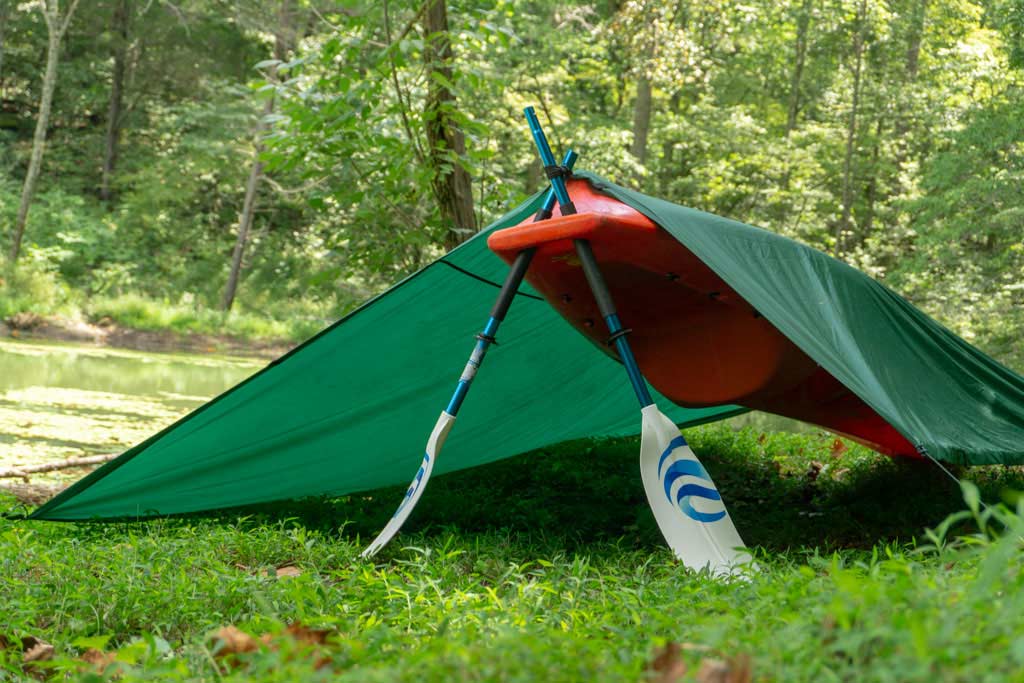The Perfect Balance: How Materials, Design, and Weight Distribution Shape the Best Ultra Lightweight Tents

When it comes to backpacking, having a reliable and lightweight tent can make all the difference in your outdoor experience. But what exactly makes a tent the best in terms of being ultra lightweight? Let’s take a closer look.
L1 – Materials
The choice of materials plays a crucial role in determining the weight of a tent. The best ultra lightweight tents are typically made using high-quality, lightweight materials such as ripstop nylon or silnylon. These materials are not only incredibly durable but also significantly lighter than traditional alternatives.
L2 – Design
A well-designed tent can further enhance its lightness. Look for tents with a minimalist design that eliminates excess features, reducing both weight and complexity. Innovative design elements like single-pole structures or tent fly attachments that double as hiking poles can also contribute to its lightweight nature.
L3 – Weight Distribution
Distributing weight evenly throughout the tent can prevent unnecessary stress on specific areas and ultimately increase its overall durability. The best ultra lightweight tents make use of strong and lightweight alloys for tent poles, which keeps the tent stable while decreasing weight without compromising on strength or performance.
L4 – Packing and Portability
Portability is another important factor to consider. The best ultra lightweight tents come with compact packing options, such as stuff sacks or compression sacks, making them easy to carry in your backpack. Additionally, tents that are quick and hassle-free to set up and pack away are ideal for backpackers who need to move swiftly.
L5 – Weather Resistance
While being lightweight is a crucial factor, a good tent should still provide adequate protection against the elements. The best ultra lightweight tents are designed with weather-resistant features such as waterproof rainflies, reinforced stitching, and well-sealed seams. These details ensure both comfort and safety during your outdoor adventures.
L6 – User Reviews
Lastly, user reviews can be a valuable resource when looking for the best ultra lightweight tent. Take the time to read feedback from other backpackers who have experience with different tents. Their insights can help you make an informed decision and understand the real-world performance of the tent you are interested in.
Overall, the best ultra lightweight tent combines a thoughtful design, durable materials, even weight distribution, portability, weather resistance, and positive user reviews. By considering these factors, you can find a tent that not only keeps your backpack light but also ensures a comfortable and enjoyable outdoor experience.


0 Comments